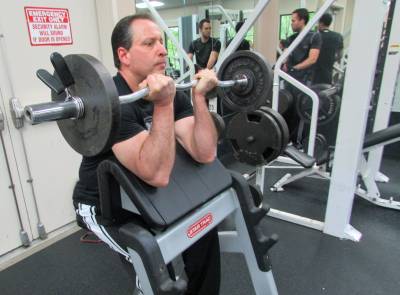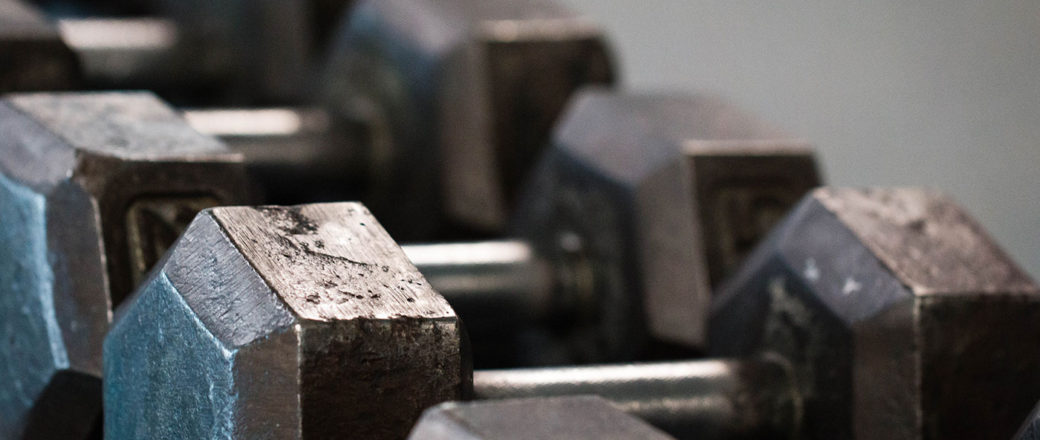By Danielle Bozzone
 As we age, it becomes very easy to attribute things like weight gain or lack of energy to simply getting older. Many believe that after a certain age, because your body is functioning differently, that a high metabolism and strong muscles are impossible to attain. Fortunately, this could not be further from the truth!
As we age, it becomes very easy to attribute things like weight gain or lack of energy to simply getting older. Many believe that after a certain age, because your body is functioning differently, that a high metabolism and strong muscles are impossible to attain. Fortunately, this could not be further from the truth!
“Your body may function differently as you get older, but increasing your metabolism can be done!” Club Julian’s Wellness Director Debby Petitta explains. “To efficiently boost your metabolism, the focus of your workouts should center on large muscle group exercises,” advises Debby. “I see so many people who want, let’s say, ‘Nice Arms,’ so they perform bicep curls only or work their one ‘problem area.’ If they were working the large muscle groups or performing multi-jointed exercises such as squats, push-ups or lunges, not only would they be boosting their metabolism, but they would be working those smaller muscle groups as well!”
She adds, “You also need a variety of exercises because your muscles become acclimated to repetitive movements. By changing your workout, you are constantly challenging the muscle rather than moving the way the muscle ‘expects’ to move.” Debby adds that every 3-4 weeks your body becomes accustomed to your workout, and a change should be made, otherwise you will “plateau.” Debby points out that a plateau is not necessarily a sign of weakness, it’s actually a sign to change your workout!
“You reach a plateau when the scale is not budging anymore, you look in the mirror and do not see the changes that you saw initially, or if you cannot push past a certain weight during your workout,” she explains. “Changing your workouts not only keeps your metabolism up, but it also prevents boredom and injury.”
Also imperative to keeping your metabolism increased, at any age, is to work the muscle with a challenging weight or resistance. Muscle fibers must break down in order to rebuild to a stronger fiber. This process is what actually increases the metabolism. Debby however cautions members to be careful not to overdo it. “Knowing the difference between the feeling of fatigued muscles and overdoing is critical to keeping yourself healthy and injury-free,” she says.
Debby also states that most metabolic declines have nothing to do with aging. “Think about your lifestyle changes over the years; most of us were more active in our 20’s, 30’s and 40’s than in our 50’, 60’s and 70’s, however, for the most part, we are eating about the same or more.” she says. “This will definitely affect your metabolism and put the weight on. It’s time to get busy!”

